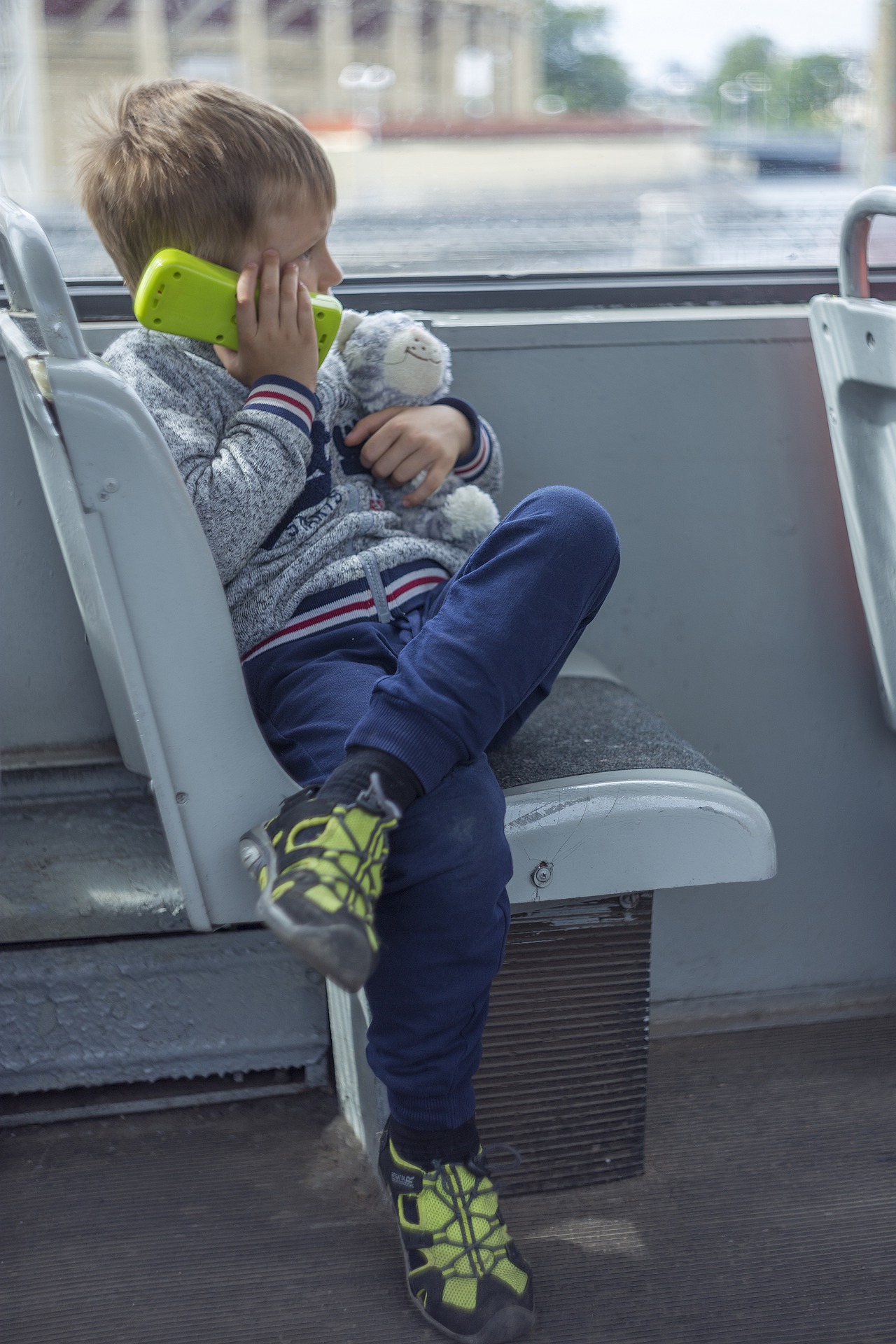
15 Sep Early Literacy: Talk
In the library world, we follow Every Child Ready to Read, an early literacy initiative consisting of five concepts: Read, Write, Sing, Talk, Play. Using these key words, parents and caregivers can direct activities to help young children develop the skills that will someday lead to reading skills.
Many adults struggle with Talk as an early literacy skill. Very young children can’t talk, so it may not be as intuitive as, for instance, Play. Talking doesn’t need to be difficult, though! Here are some tips for talking to your child at various ages and stages:
Infant
Babies don’t talk, but talking is very important at this stage! Talk to your baby. Unsure of what to say? Narrate your day. Have a pretend conversation. Exposure to vocabulary and inflection are excellent goals when talking to your infant. Babies learn to babble based off the sounds they hear in the world around them, so talk away, even if you feel silly. Repeat sounds your baby makes.
Toddler
The term toddler covers a wide range of ages, depending on who you ask, but your toddler should be saying words, whether they’re 1 or 3. If you’re concerned about speech and language development, please ask your pediatrician for milestones and advice for your child. Toddlers repeat things, and are listening to your every word, even if it seems like they’re focused on something else. Repeat things in different ways to emphasize different parts of speech. “B for balloon” compared to “Balloon starts with B” may seem like the same statement, but hearing letter sounds in different ways helps children master the skill.
Preschooler
Preschoolers are often conversational, and here’s where caregivers typically thrive with talk! When your child asks a question, try your best to answer. Use descriptive language when on a walk. Ask an open-ended question and wait for a response. You’ll likely be entertained by what you hear!
Other early literacy tips for Talk:
- Read to your child! Well yes, the library will always recommend reading, but take some time to talk while you read. Ask questions about the story: “What will happen next?” or to connect your child to the characters: “How would you feel?” Discuss the illustrations: point out details, or talk about how the book is similar to something you’ve experienced.
- Make everyday experiences talking and teaching moments. Folding laundry? Talk about colors, patterns, and types of clothing you see. Feel stuck inside? Look out the window and count vehicles that pass by, identify all the natural items you see, or play a game of I Spy. At the grocery store? Discuss recipes and ingredients. Ask your child what food they’d like to have for breakfast.
- Embellish! When your child has successfully learned a word, use synonyms in its place to teach new vocabulary. Discussing nature? Use several descriptive words rather than just one as you talk throughout the day.
- Go one step farther. Talk about opposites, or discuss what is near the car in addition to talking about the car. If you see a small flower, try to find other flowers of varying sizes so you can label them as: small, smaller, smallest. Find something larger than the flower to discuss big vs. small.



